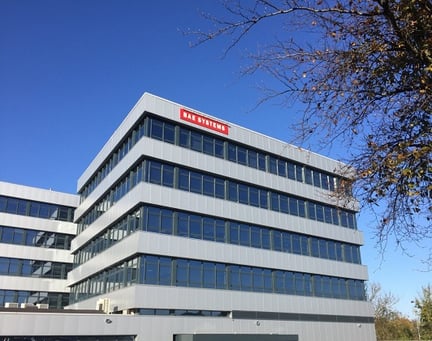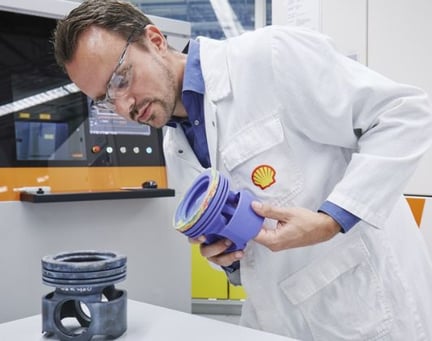Annex SL and integrated management systems.
Annex SL is moving companies toward integrated management systems.
ISO Standard Trends from LRQA
Annex SL, the framework for all ISO management system standards since its introduction in 2012, has fundamentally changed the pace at which companies are implementing ISO standards into their business. With ISO standards now sharing a common structure, core text, and agreed terms and definitions, it is much easier to bring in additional standards, such as ISO 14001 (the global environmental management (EMS) system standard), ISO 45001 (the international occupational health & safety management (OH &S) system standard) or ISO 27001 (the global information security management (ISMS) system standard, once a company has implemented an initial ISO standard (usually ISO 9001 the international quality management (QMS) system standard).
At LRQA, we see very clear benefits for companies in implementing an integrated management system that features a number of ISO standards. This is an effective mechanism for companies to manage their risk profile in an integrated way across different aspects of their activities such as service delivery, environmental footprint or health & safety of their workforce. This also allows companies to easily link their strategic objectives to their operations, and successfully engage stakeholders. Once the first management system standard has been brought in and the right foundations for building an integrated management systems approach are established, the time, effort and activity required to implement additional standards is significantly lower, with the returns far outweighing the investment.
Attilio De Bernardo, Chief Information Security Officer at OCTO Telematics Group, said: “Through integration, OCTO was able to minimise conflict between individual systems. It also reduced duplication of processes, administration work, and general bureaucracy. This ensured a much stronger focus on the needs of the whole business rather than one particular area.”
Through integration, OCTO was able to minimise conflict between individual systems. It also reduced duplication of processes, administration work, and general bureaucracy.
Download the guide: Integrate your Management Systems with Annex SL
Download the guide how to integrate your management systems, start understanding what Annex SL is, and how Annex SL enables integrated management systems.
Download the guide: Integrate your Management Systems with Annex SL
CASE STUDIES
Download the OCTO Telematics Case Study
Read the OCTO Telematics Case Study about an integrated management systems approach.
Download the OCTO Telematics Case Study





